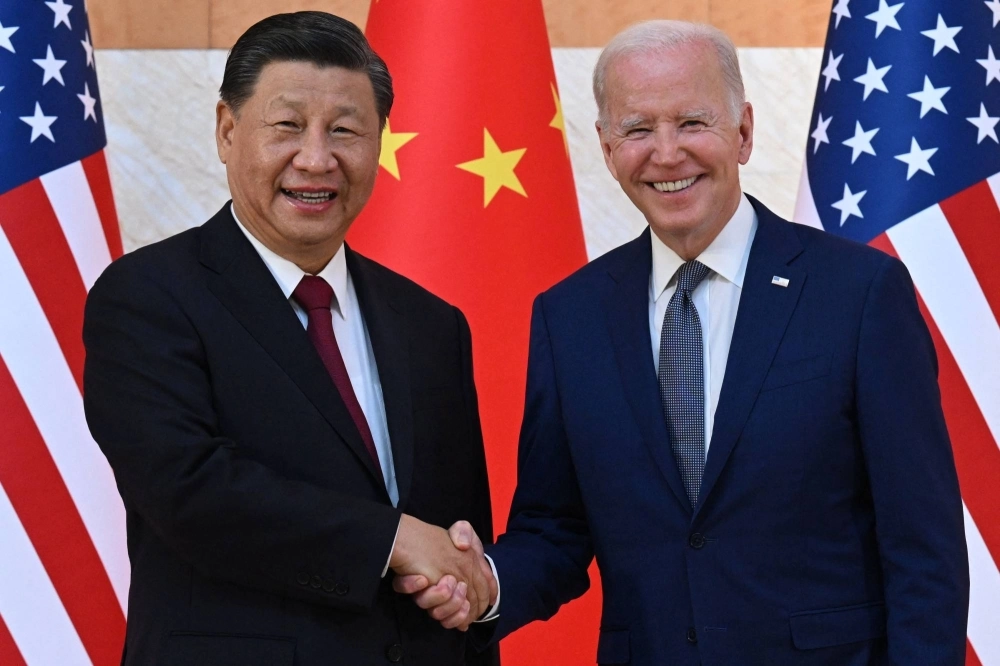U.S. officials are aiming for the Asia-Pacific Economic Cooperation summit to be a signature moment in U.S. President Joe Biden’s efforts to strengthen economic ties in the region and manage the relationship with China.
Next week’s long-awaited gathering in San Francisco of leaders from the 21-member forum marks the first time the U.S. has hosted the event in 12 years and will see the first conversation in a year between Biden and his Chinese counterpart Xi Jinping on the sidelines of the summit.
It’s also an important moment for Xi, who is making his first visit to U.S. soil since 2017. He is set to be the guest of honor at a dinner hosted by U.S. business groups that will include top executives of major companies, an opportunity to lure foreign investors.


















With your current subscription plan you can comment on stories. However, before writing your first comment, please create a display name in the Profile section of your subscriber account page.